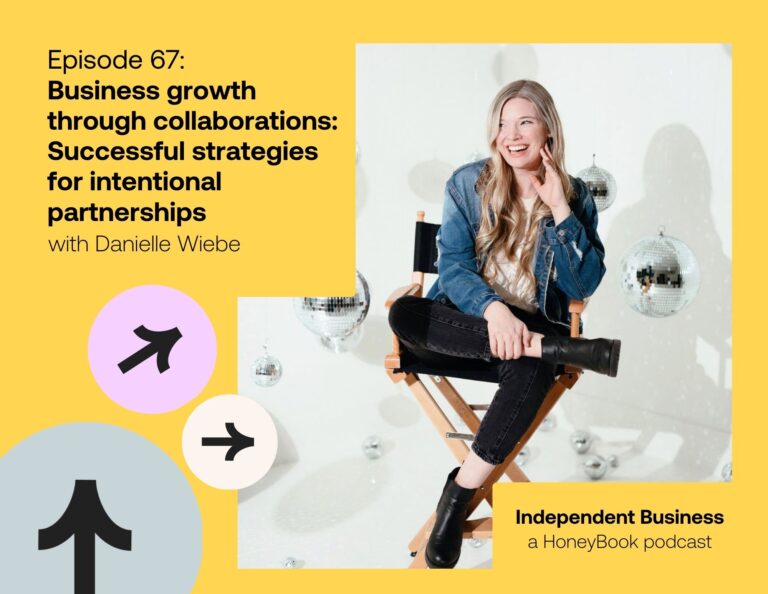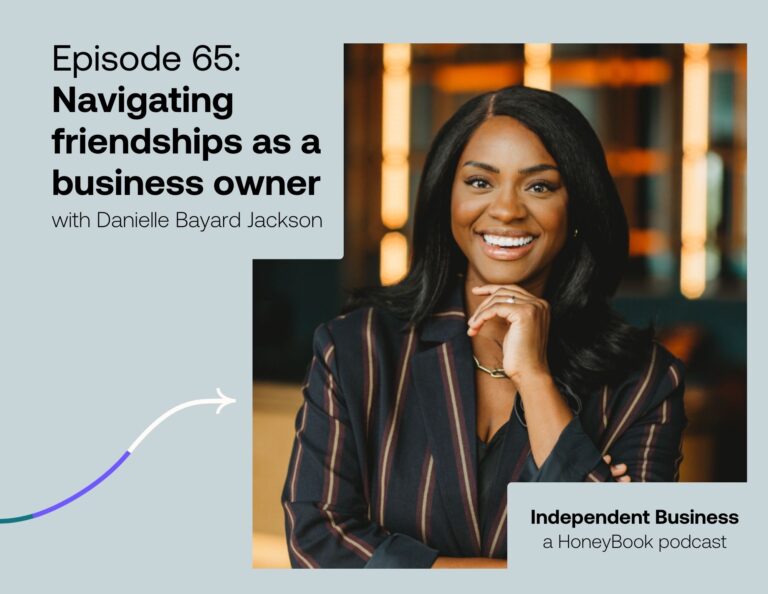
Do what you love and you’ll never work another day in your life.
Every entrepreneur has heard this quote before. After all, you started your own business to chase your dreams, to have more freedom to travel the world, or spend time with your family. Doesn’t that sound like the best way to live self care?
Why it’s so hard for entrepreneurs to heed self care tips
The reality of your dream is that you’re working around the clock. You find yourself easily putting a lot of hours in precisely because you enjoy what you do. You’re motivated to power through even the unpleasant parts of running your own business because of your passion or deep sense of call to do this work.
Doing work you love may not feel like work, but truthfully, you are still exerting energy that needs to be replenished. Your body interprets both negative and positive stress the same way. Even after periods of hustling positive adrenaline, you still need to plan for adequate rest.
When there is so much overlap between who you are and the work you do, intentionally practicing a self care routine and tending to your mental wellness is especially critical to the health of your business.
Recognize the difference between self care and soul care.
Self care is a buzzword that has become somewhat synonymous with taking a bubble bath with a glass of wine. Sometimes the fun activities typically associated with self care can in reality act as an escape, allowing you to avoid addressing underlying issues of why you have such a hard time taking a break in the first place (eg. hustling for your worth, people-pleasing to seek approval, etc.).
Identify habits or activities that truly bring you rest at a deeper level (and then go do them!).
What fills your heart up and restores you so that you can serve from a place of abundance and not scarcity? Remember, when your hobby becomes your full time gig, you need to expand to find other self care activities that bring you joy.
Remember your Why.
Get clear on your purpose, your vision, your values as a whole person, not just as an entrepreneur (yes, you have wonderful gifts to offer to the world, but you are not defined only by what you do).
Asking the bigger questions gives you clarity on the things that matter most to you for your whole life. This effectively steers you away from reactively filling your plate with other people’s priorities, or getting sidetracked with shiny object syndrome or FOMO, copying what everyone else is doing.
Having the bigger picture and knowing your “why” helps you to plan for the long range, not just hustling right now at an unsustainable pace. It also frees you to take that self care time away from the business, because you know when and how you’ll get back to it.
Develop a broader definition of how you measure success.
It’s all too easy to get caught up in the numbers of running your business. Your number of followers or your sales spreadsheets don’t tell the full picture of the health of your business. You may hustle to produce your highest numbers ever, but what good is that if you’re burnt out and crabby to the people closest to you? Define what kind of person you want to be, how you want to feel, and how you want to relate to people, whether it be your family member, a client, or a stranger.
Don’t be afraid to let things go.
It’s okay to adjust and even drop things along the way. You’re organic and growing just as your business is. You don’t have to keep alive any sacred cows just because you started something. You can still say no, even if you initially said yes out of obligation to an opportunity.
Learn to set clear boundaries.
Boundaries involves communicating and managing expectations. For example:
- Choose to have certain times you engage intentionally with technology rather than mindless scrolling that can make your mental health feel worse. A day off of social media is a very restorative practice!
- Set regular office hours and times you’re off.
- Let clients know when and how they can contact you and expect to hear from you (goodbye to text messages 24/7).
- Define what kinds of clients you’ll work with – because the ones that trust you to do the work without micromanaging you and who promptly pay you mean less negative energy spent.
Pro Tip: Include your office hours in your email signature directly inside of your CRM, like HoneyBook. All communication with your clients and customers will be stamped with a reminder of your boundaries. Now, all you have to do is stick to them.
Create margin in your regular rhythms of business and life.
Have daily and weekly check in conversations with your heart to reflect. What brought you joy? Did anything drain you? What about the things that led you to resentment? Check in with your internal motivations for projects you decided to take on.
Anticipate the busy seasons and build extra breathing space in to your schedule both before and after.
Account for the mental energy required for projects. Don’t just say yes because there is space in your calendar. Ask yourself if you have enough energy in your emotional gas tank to do your best work. Can you hear what your body is telling you?
(e.g., tightness in your chest when you’re stressed or an ill feeling in your gut about a client)
Can you recognize emotional signs of burnout?
(e.g., feeling of being out of control, like you have no choice, resentment, and obligation)
All these self care tips are less glamorous than candles and spa days, but if you learn to practice them, they will serve you well in building foundations that prevent you from maxing out and burning out in the first place.
Want to learn more about how to incorporate self care routines into your daily life and thrive in your business as a result? Get our Ultimate Guide to Self Care here.



